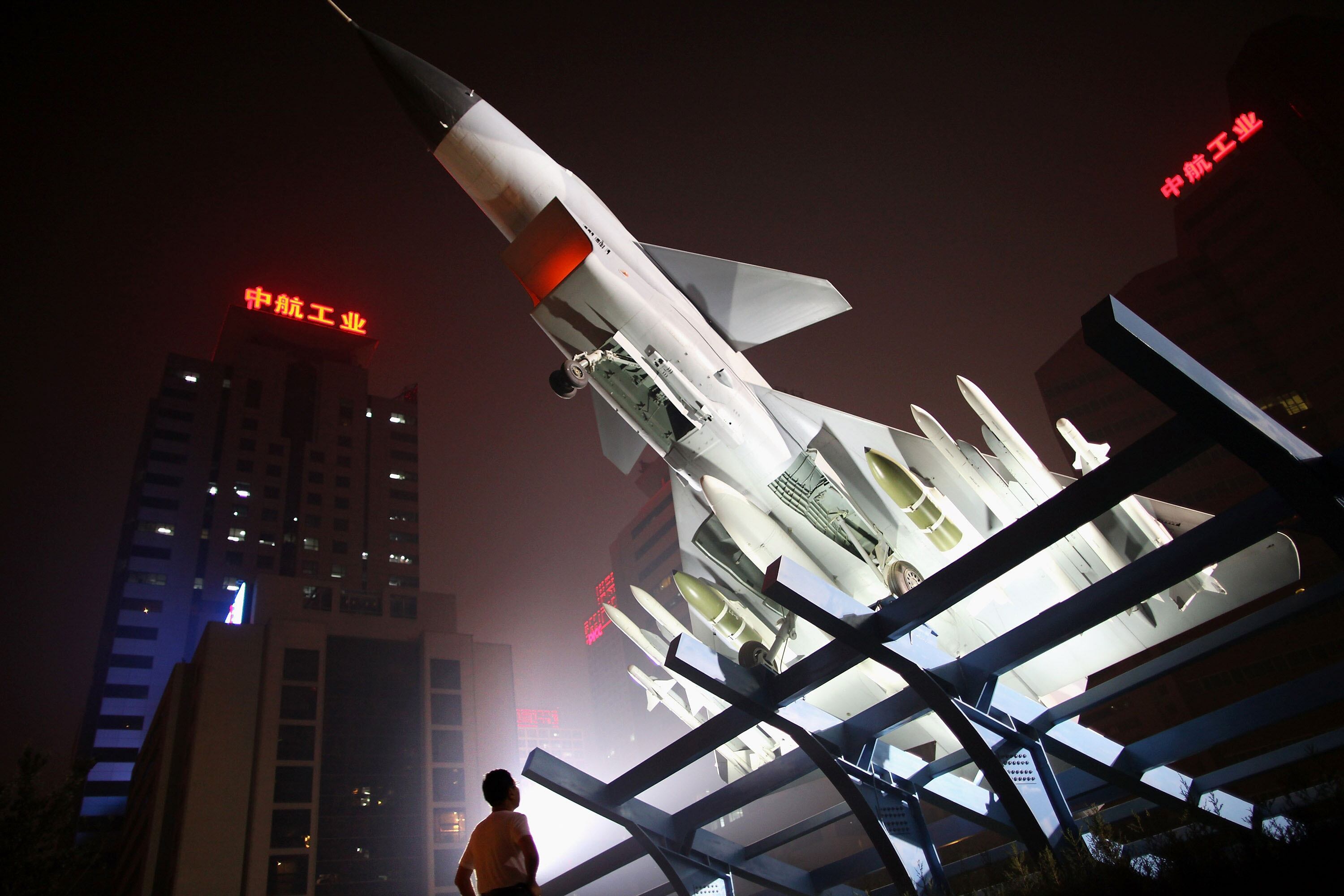MELBOURNE, Australia — China’s latest defense white paper has warned of intensifying global competition as major powers readjust their security and military strategies to gain strategic advantage.
At the same time, the document also comes out against what China sees as attempts to split the country, pointedly referring to independence movements in Taiwan, Tibet and Xinjiang and calling them “threats to China’s national security and social stability.”
RELATED

Unsurprisingly, the white paper addressed the actions of the United States several times, noting that “the U.S. is engaging in technological and institutional innovation in pursuit of absolute military superiority.”
It added that “the U.S. has adjusted its national security and defense strategies, and adopted unilateral policies. It has provoked and intensified competition among major countries, significantly increased its defense expenditure, pushed for additional capacity in nuclear, outer space, cyber and missile defense, and undermined global strategic stability.”
It also saw the strengthening of regional military alliances and reinforcing its forces in the region as “adding complexity to regional security,” once again singling out the introduction of advanced U.S. missile defense systems to South Korea for criticism, saying that the “deployment of the Terminal High Altitude Area Defense (THAAD) system in the Republic of Korea (ROK) by the U.S. has severely undermined the regional strategic balance and the strategic security interests of regional countries.”
The white paper also addressed regional American allies, noting that “Japan has adjusted its military and security policies and increased input accordingly, thus becoming more outward-looking in its military endeavors,” while “Australia continues to strengthen its military alliance with the U.S. and its military engagement in the Asia-Pacific, seeking a bigger role in security affairs.”
However, it reserved stronger criticism for the government in Taiwan — the self governing island which China sees as a breakaway province. The paper accused Taiwan of having “gone further down the path of separatism by stepping up efforts to sever the connection with the mainland in favor of gradual independence, pushing for de jure independence, intensifying hostility and confrontation, and borrowing the strength of foreign influence.” It reiterated that “China resolutely opposes the wrong practices and provocative activities of the U.S. side regarding arms sales to Taiwan.”
At the same time, China also defended its own conduct in handling relations between the two, declaring that it “actively and properly handles its military relationship with the U.S. in accordance with the principles of non-conflict, non-confrontation, mutual respect and win-win cooperation.”
The growing entente between China and Russia was also addressed, with the white paper saying that “the military relationship between China and Russia continues to develop at a high level, enriching the China-Russia comprehensive strategic partnership of coordination for a new era and playing a significant role in maintaining global strategic stability.”
This growing military relationship was on display in recent days, with the first joint Russian-Chinese air patrol comprising of bombers and an airborne early aircraft in airspace between the U.S. allies, triggering scrambles by South Korean and Japanese fighter jets in response. During the encounter, South Korean fighters fired warning shots at the Russian airborne early warning aircraft when it flew close to an island administered by South Korea, but whose ownership is disputed by Japan, triggering diplomatic protests against each other by both protagonists.
Mike Yeo is the Asia correspondent for Defense News.







